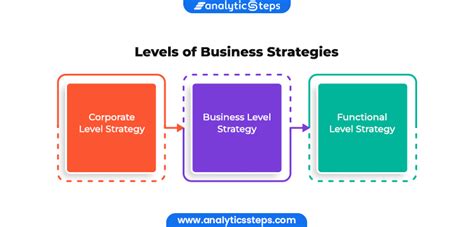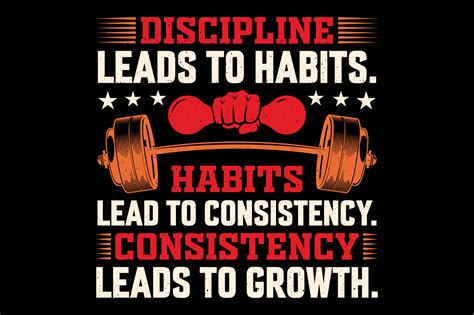The Indispensable Power of Perspective
Failure is an inevitable component of any ambitious endeavor, whether it’s pushing physical limits in the gym or navigating the volatile markets of finance. While many succumb to the demoralizing grip of setbacks, truly successful men approach failure not as an end, but as a crucial waypoint on their path to growth. Their secret lies in a profound ability to reframe these moments, transforming perceived defeats into invaluable lessons and stepping stones.

Embracing the Growth Mindset: A Foundation for Resilience
At the core of this transformative ability is the concept of a “growth mindset,” popularized by Dr. Carol Dweck. Individuals with a growth mindset believe their abilities can be developed through dedication and hard work. For them, challenges are opportunities to learn and improve, and failure is merely information—a signal to adjust strategies, not a condemnation of their inherent worth or potential. This perspective is vital in both fitness and finance, where progress is rarely linear and often punctuated by plateaus, injuries, or market downturns.
In the Arena of Fitness: Bouncing Back Stronger
Consider the fitness journey. A man might hit a plateau in his strength training, fail to achieve a personal best, or worse, suffer an injury. A fixed mindset might lead to discouragement, giving up, or feeling inadequate. The successful man, however, reframes this:
- Plateau: Not a sign of weakness, but an indicator that current methods need re-evaluation. Perhaps a change in training split, nutrition, or rest protocols is required. It becomes a prompt for research and experimentation.
- Missed Goal: Not a personal failing, but data. Why was the target missed? Was the plan unrealistic? Was execution flawed? This analysis informs the next attempt, making it more strategic.
- Injury: While frustrating, an injury is reframed as an opportunity to focus on neglected areas (mobility, prehabilitation), learn proper form, or even discover alternative training methods that build a more robust body in the long run. It forces patience and a deeper understanding of one’s physical limits.

Navigating Financial Labyrinths: Learning from Losses
The financial world is replete with opportunities for failure, from failed business ventures to poor investment decisions or market crashes. For successful individuals, these are not reasons to retreat but catalysts for deeper understanding and smarter future moves.
- Bad Investment: Instead of dwelling on the loss, the focus shifts to understanding why the investment went south. Was it a lack of due diligence? Misjudgment of market trends? An external, unforeseeable event? This post-mortem analysis builds invaluable experience.
- Business Setback: A product launch that flops or a partnership that dissolves is reframed as market feedback. What did customers truly want? What were the communication breakdowns? These insights are then applied to iterate, pivot, and build a more resilient business model.
- Budgeting Errors: Overspending or failing to meet savings goals isn’t a sign of financial incompetence, but a signal to reassess financial habits, track expenditures more closely, or adjust priorities. It’s an iterative process of self-correction.

Practical Strategies for Reframing
Reframing isn’t a passive act; it involves deliberate mental and behavioral strategies:
- Emotional Detachment: Successful men learn to separate their self-worth from the outcome. Failure is an event, not an identity. They acknowledge frustration or disappointment but quickly move past it to objective analysis.
- Objective Analysis: They ask “What happened?” and “Why?” rather than “Why me?”. This involves breaking down the event into its constituent parts, identifying variables, and pinpointing controllable factors.
- Seek Feedback and Mentorship: Acknowledging one’s blind spots and actively seeking advice from mentors or peers who have faced similar challenges accelerates the learning process.
- Focus on Process, Not Just Outcome: While outcomes are important, a strong emphasis on the process allows for consistent improvement. If the process is refined, better outcomes will eventually follow.
- Develop a Long-Term Vision: Failures feel less significant when viewed through the lens of a broader, long-term objective. A single setback becomes a minor blip on a much longer trajectory of growth and achievement.

The Continuous Loop of Growth
Ultimately, successful men understand that failure is not the opposite of success; it is a vital part of it. By consistently applying a growth mindset, detaching emotionally from setbacks, and engaging in rigorous analysis, they convert every stumble into a step forward. This continuous loop of action, failure, reflection, and adaptation is not just a mechanism for overcoming adversity, but the very engine that drives sustained high performance and profound personal growth in all areas of life, from physical prowess to financial mastery.





